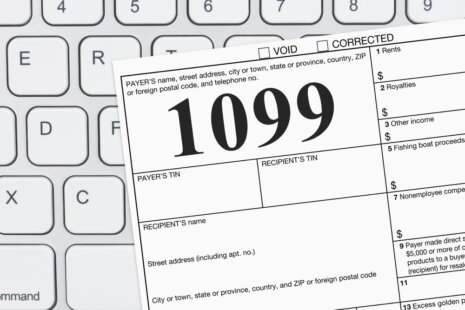Learning payroll quickly requires focus, dedication, and access to the right resources. Here are some steps to help you learn payroll fast:
- Understand the Basics:
- Start by gaining a basic understanding of payroll fundamentals. This includes learning about tax laws, wage and hour regulations, and payroll calculations.
- Enroll in Online Courses:
- Consider enrolling in online payroll courses or programs. Many reputable institutions offer courses that cover payroll principles and practices. Online learning allows you to progress at your own pace.
- Take Advantage of Webinars and Tutorials:
- Explore webinars and tutorials related to payroll. These can provide a quick overview of specific topics and practical insights.
- Study Payroll Software:
- Familiarize yourself with payroll software commonly used in businesses. Many software providers offer training resources and tutorials. Understanding how to use payroll software is crucial for practical application.
- Read Books and Guides:
- There are numerous books and guides available that cover payroll topics. Look for recommended reading materials that provide in-depth knowledge.
- Practice with Sample Payrolls:
- Try your hand at processing sample payrolls. Practice calculations for various scenarios, including hourly and salaried employees, deductions, and taxes.
- Stay Informed about Tax Laws:
- Payroll involves tax calculations and compliance. Keep up with changes in tax laws and regulations that may impact payroll processing.
- Join Professional Organizations:
- Consider joining professional organizations like the American Payroll Association (APA). They offer resources, networking opportunities, and educational programs.
- Seek Guidance from a Mentor:
- If possible, find a mentor with payroll experience who can provide guidance and answer questions as you learn.
- Use Payroll Software:
- Practice with payroll software to understand how calculations are automated. Many software providers offer trial versions for practice.
- Take Practice Tests:
- Look for practice exams and quizzes related to payroll topics. This can help you assess your knowledge and identify areas that may need further study.
- Review IRS Publications:
- The IRS provides publications and resources related to payroll and tax regulations. These can be valuable sources of information.
- Learn Payroll Taxes:
- Payroll taxes are a critical component. Study how they are calculated, withheld, and reported to tax authorities.
- Stay Organized:
- Keep your study materials and notes well-organized to make it easier to review and reference as needed.
- Seek Real-World Experience:
- If possible, gain practical experience through an internship, part-time job, or volunteer opportunity related to payroll.
- Test Your Knowledge:
- Take practice tests and quizzes to assess your understanding of payroll concepts.
- Continuous Learning:
- Keep learning and stay updated on changes in payroll laws and best practices. Consider pursuing certifications in payroll, such as the Certified Payroll Professional (CPP) or Fundamental Payroll Certification (FPC), to enhance your expertise and marketability.
Learning payroll quickly is achievable, but it’s important to note that proficiency comes with practice and experience. As you learn, make sure to apply your knowledge to real-world scenarios to solidify your understanding. Consider seeking guidance from experienced payroll professionals and resources to assist you in your learning journey.




